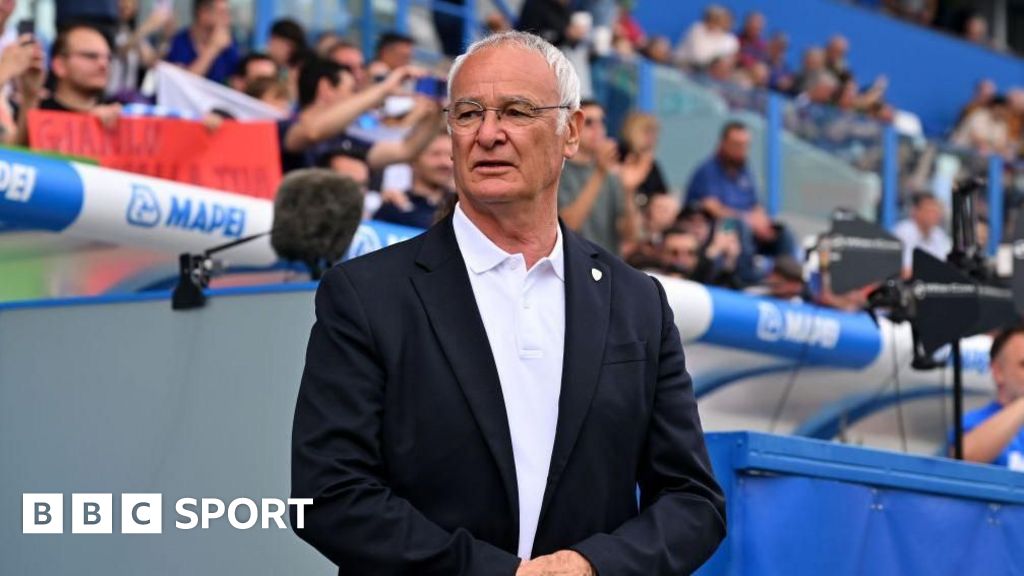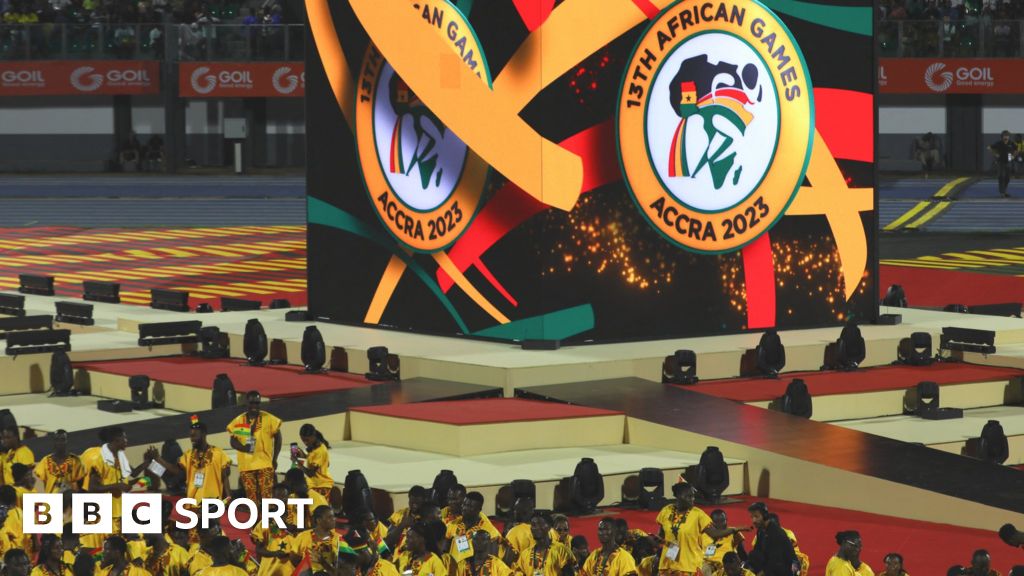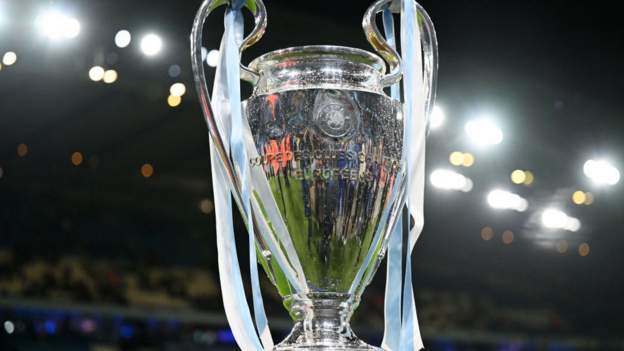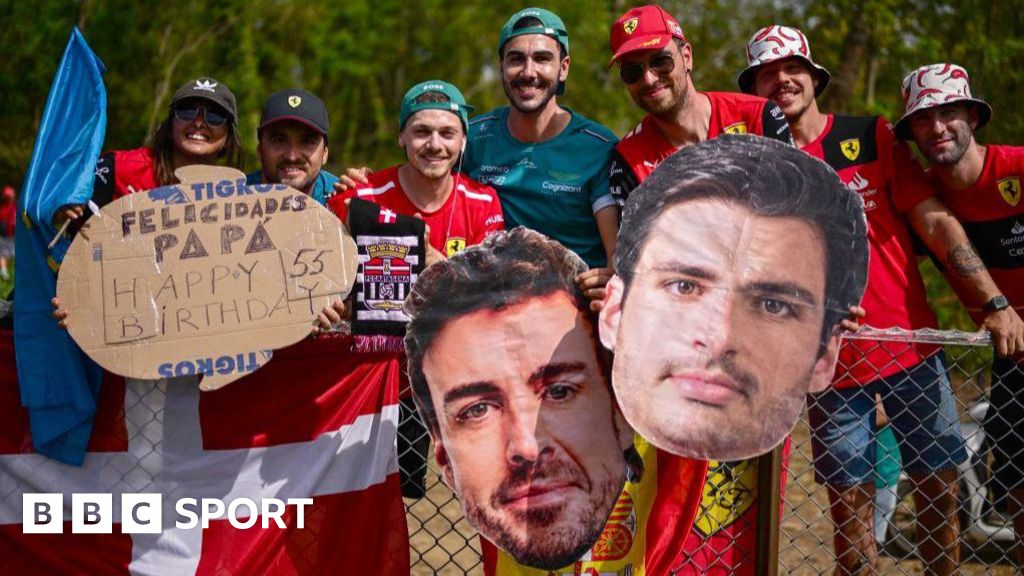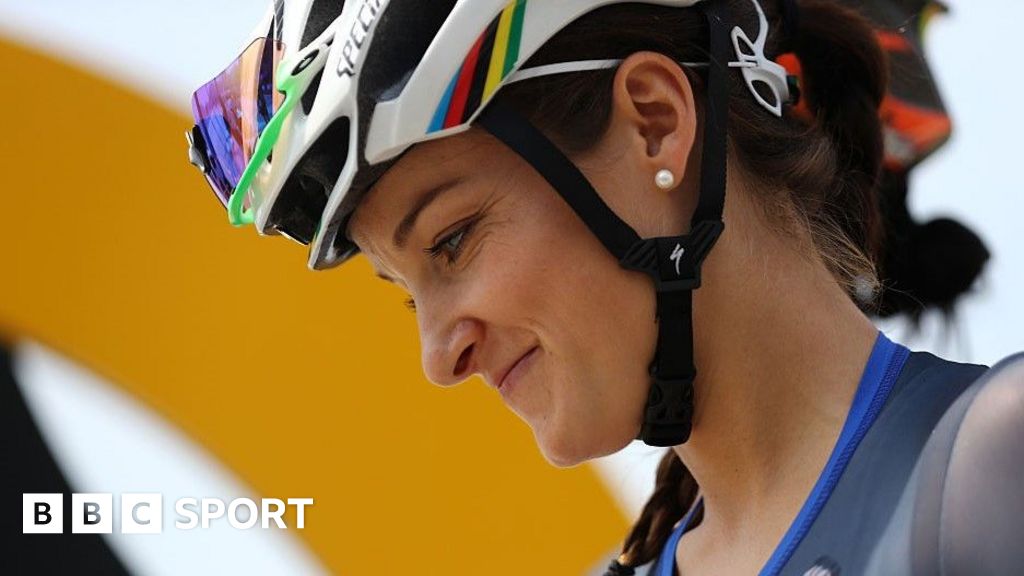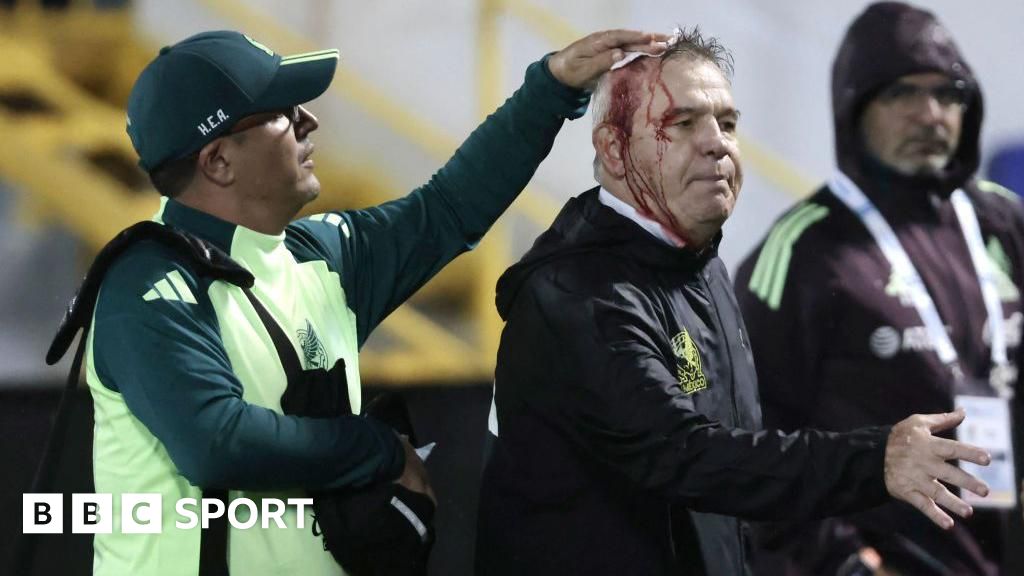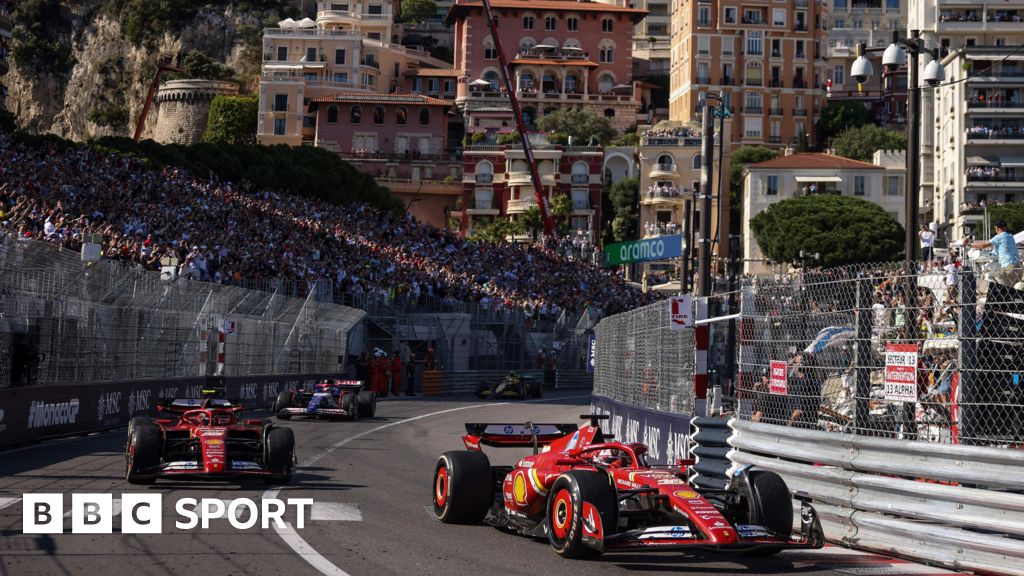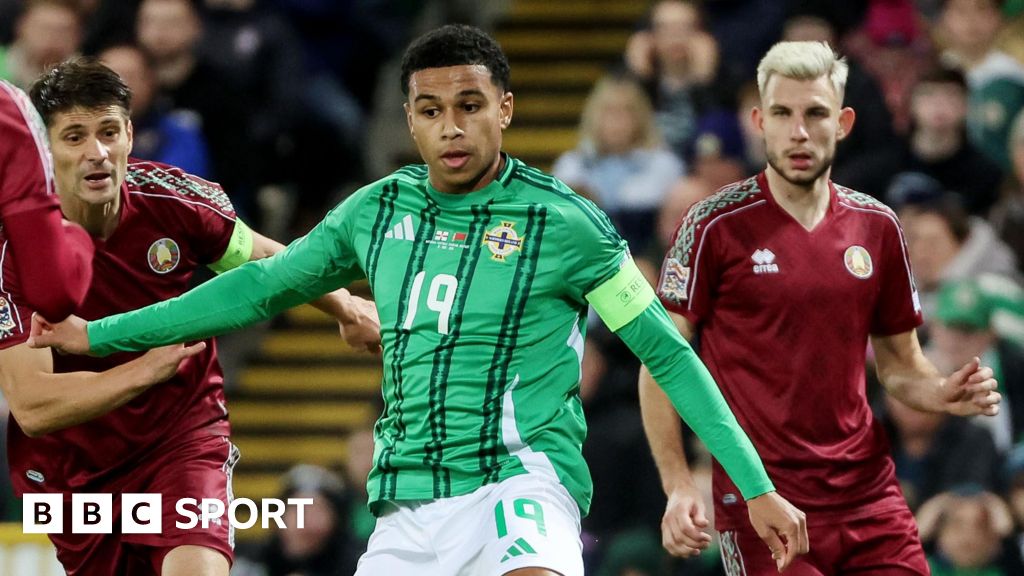The 13th African Games are in full swing in Ghana, but the high cost of hosting the event amid a time of economic turmoil has brought scrutiny.
An outlay of almost $250m (£195.2m) has been committed on the multi-sport event, with government opposition declaring it a “misplaced priority” for a nation which is heavily indebted, enduring high rates of inflation and suffering the effects of the regional cost of living crisis.
“I really don’t think we have our priorities right as a nation,” opposition MP Samuel Okudzeto Ablakwa told BBC Sport Africa.
“We have been declared insolvent, bankrupt and downgraded by all sovereign rating agencies, with a junk status.
“This government has a penchant for big spending [on] things that really are not [a] priority.”
However, Ghana’s President Nana Akufo-Addo says the legacy of hosting the Games will far outlive the economic troubles the country is experiencing.
“It has taken a lot of courage to persist with the decision to host the Games and I’m glad we went ahead,” President Akufo-Addo said during the opening ceremony in Accra last Friday.
“We can be proud of the massive sporting infrastructure we have put in place for the Games, which would be a huge legacy for our country.”
The Games were originally scheduled to take place in August last year but were rescheduled to this month because of a disagreement over marketing rights which delayed the completion of facilities.
Yet the event, which features more than 5,000 athletes and officials from across the continent competing in 29 disciplines, did not get off to the most auspicious start.
There were four power outages with the first three days of competition, including during Ghana’s opening game of the women’s football event against Ethiopia at the Cape Coast Stadium and a blackout at the athletes’ village.
The first beach volleyball match was delayed by 35 minutes as no nets had been installed, and it was reported that Ghana’s cycling team had to buy new bikes.

